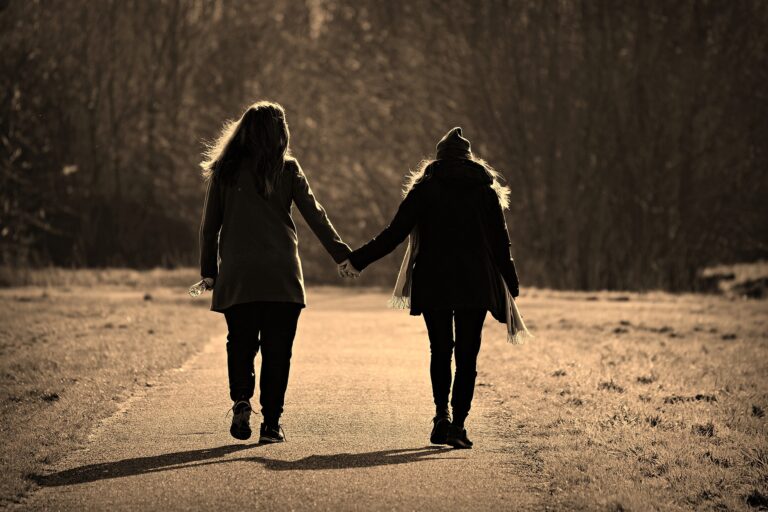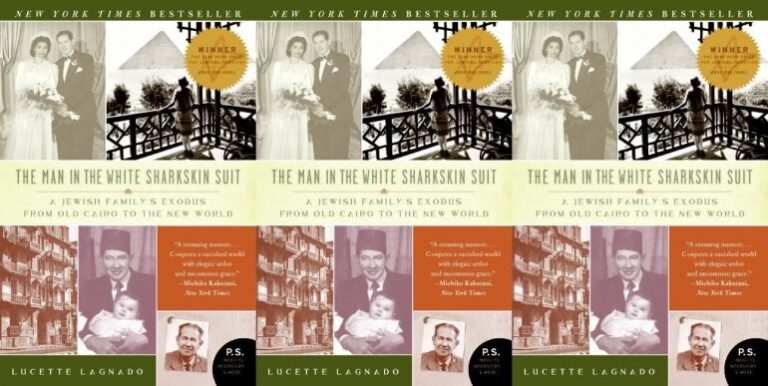An Angel Choir, Titans of Industry, and a Writers’ Festival: Western New York’s Chautauqua Institution
When I arrive in early June to teach at the Writer’s Festival, the Chautauqua Institution is a ghost town. The lake laps against the shoreline and the proliferation of white wicker chairs on the historic Athenaeum hotel veranda are mostly empty. So are the streets of Victorian houses with balconies, bay windows, and expansive porches.
Not an “institution” in the usual sense, Chautauqua is a gated community, a summer resort predicated on the idea of co-founder John Heyl Vincent that vacation “need not imply vacuity of mind.” This is the site that led to the Chautauqua Movement of the late 1800s, with assemblies devoted to adult education springing up all over the U.S.
Living not far away, I’ve been to Chautauqua a number of times, often attending events at the amphitheater. Paul Simon turned a line about “a come-on from the whores on seventh avenue” more family friendly by singing about “a come-on from toy stores on seventh avenue.” An Abba tribute concert included a local student choir all wearing white and silently looking angelic, until bursting out singing “I believe in angels” during “I Have a Dream.” Anthony Doerr began a talk about his Pulitzer-prize winning novel All the Light We Cannot See and the concepts of blindness, light, and vision with a slideshow of everyday objects so close-up they were unrecognizable. That’s Chautauqua in a nutshell: a blend of education and entertainment determined to be accessible to a wide audience.
My boyfriend’s father, Henry, remembers attending a “show” in the ampitheather in 1928, when he was eight: three men, Henry Ford, Harvey Firestone, and Thomas Edison, sat in a row on the stage so that the audience could view them, then, upon being introduced, stood up and took a bow. For Henry, it was an unforgettable “performance.” Over its 140 year history, Chautauqua has hosted Amelia Earhart, at least nine presidents, a pre-famous Lucille Ball, who performed here with a group from her nearby hometown, the Jamestown players, Duke Ellington, the Mormon Tabernacle choir, and the Kingston Trio, among hundreds of others. George Gershwin composed his “Concerto in F” on the grounds of the institution.
On my first visit years ago, down by the lake where visitors swim, sail, and fish, I wandered the strange topography near the shore that I eventually realized was a scale model of Palestine, one of the remnants of Chautauqua’s origin as a summer tent camp for Sunday school teachers. The model includes cities and hills and an artificial stream representing the Jordan River. Chautauqua Lake stands in for the Mediterranean. Nowadays, more children trample the model while playing than learn about the Bible from it, but then, even investigative journalism pioneer Ida Tarbell once confessed to playing tag there.
Hammers ring and drills whir on this day in early June as workers prepare for the “season” due to start soon, nine weeks of activities, lectures, classes, and concerts. A farmer’s market will open up near the main gate every morning, and visitors and residents will swarm the square playing Frisbee, reading on benches, performing violin solos for spare coins, and eating ice cream. You can bike around the grounds, past the Alumni Hall porch, the open-air hall of philosophy, or the amphitheater, catching snatches of lectures on politics, philosophy, and literature, symphony performances, ecumenical services, or country western bands.
For now, though, the Writers’ Festival hosts four days of classes and panels in poetry, creative nonfiction, fiction, and songwriting at the Athenaeum Hotel, with its sweeping staircase, high ceilings, and chandeliers. Philip Gerard, a creative nonfiction writer and an editor of the literary magazine Chautauqua, describes the festival as a “flash community” as participants converge from a variety of geographical locations and walks of life to attend workshops, readings in the Athenaeum’s elegant parlor, jam sessions down by the water, and writing exercises around the grounds. In the afternoons, there are “Bottle o Wine, Box o Quotes receptions,” where participants try to guess the source of writing advice gleaned from published interviews with conference faculty, a surprisingly raucous as well as fun way to get conversations going.
On the last night, when we’re displaced from the hotel because of a wedding, Stephen Dunn and Pam Painter read at Seaver Gym under a basketball hoop while a woman in front of them engages in yoga poses while listening solemnly. Then the festival moves to the Pier building, once a steamboat terminal where visitors bought tickets, sat in the waiting room, arrived, and departed. Upstairs in what was once a dorm is a hootenanny or “hoot,” a combination singalong and performance of original songs and covers by festival participants.
By the time I leave the Pier Building at midnight, loud music pouring from the Athenaeum wedding reception has died down, though tomorrow I will find leftover programs in my classroom with a crossword on the back inviting us to test how well we know Tiffany and Zach, a challenge that immediately evolves into a writing exercise. But right now, the grounds are quiet, water lapping against the shore, rain softly falling, the season waiting to start, as from the Pier Building voices shouting about “Knock knock knocking on Heaven’s door” accompany me all the way back to the hotel.


